On May 9, Russia celebrate victory in WWII: a national holiday like no other, deeply personal for many families, but also a great opportunity for state propaganda.
This year is also a key date for the Russian military, as it is believed that President Putin will want to use the occasion to announce important advances in the war of Ukraine.
LOOK: Why Ukraine does not acknowledge or deny responsibility for the apparent attacks in Russia
What is the importance of this day?
World War II was the world’s largest armed conflict till the date.
It began with the invasion of Poland in September 1939 (although it is not the date marked by Russia) and ended in 1945.
Tens of millions of people lost their lives; millions more were displaced around the world.
The Soviet Union was one of the countries that belonged to the broad alliance that defeated Nazi Germany in this war and was probably the hardest hit, as much of the fighting took place on his territory.
In May 1945, Nazi Germany signed its unconditional surrender in World War IIaccepting his defeat in Europe.
This legal document ended hostilities on the continent, although the war against Japan in Asia continued until August of that year.
The official and final surrender it was signed near Berlin late on May 8.
And the Germans officially ceased all operations at 23:01 local time, as past midnight in Moscow.
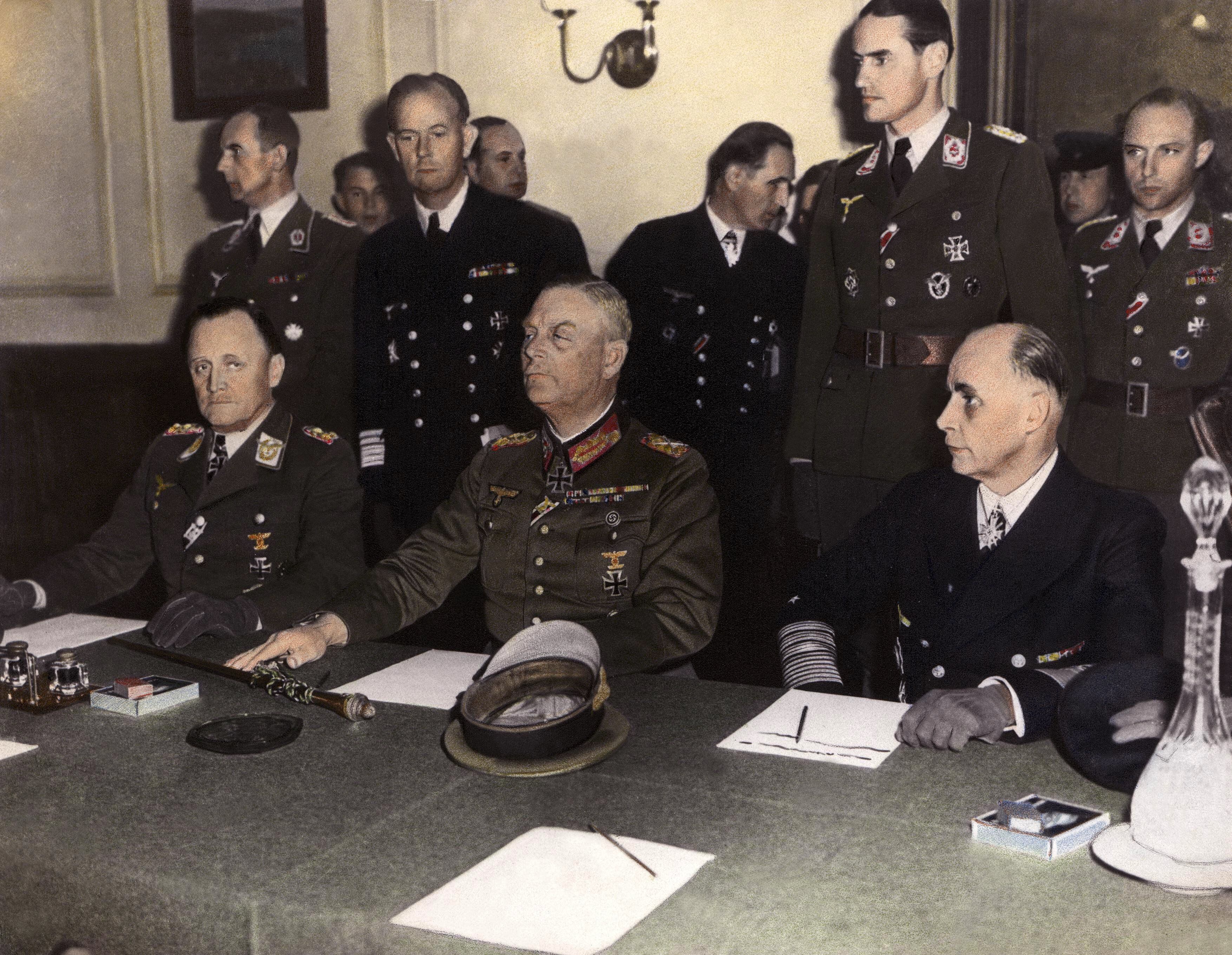
Victory Day, also known as VE Day (Victory in Europe) is celebrated -therefore- on May 8 in most European countries and in the United States.
But in Russia, Serbia and Belarus it is celebrated on May 9.
victory day ended a long and bloody war in which many families in the Soviet Union lost a loved one.
ideological tool
But it was not until much later that the date began to drift away from its commemorative purpose and became a key ideological tool for the state.
For almost two decades after the end of the war, May 9 was not a national holiday in the Soviet Union and it was only celebrated in the big cities with fireworks and local festive events.
LOOK: Zelensky lays out Ukraine’s “red lines” for a peace deal with Russia
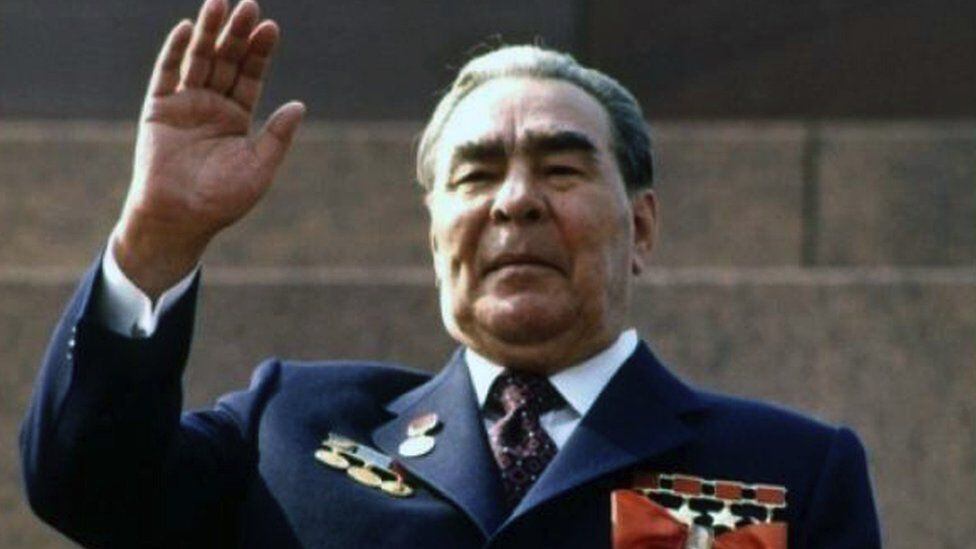
In 1963, the then leader of the USSR, Leonid Brezhnev, initiated a policy to create a cult of victory in the war against Nazi Germanypossibly to strengthen the country’s waning ideological base and patriotic sentiment.
This meant pan-national events, a military parade on Red Square, and a public holiday on May 9.
At the beginning of the 21st century, the Russian president, Vladimir Putin did even more to boost the meaning of Victory Daytrying to make it an inseparable part of being Russian.
Victory Day celebrations grew in scale, but each year there were fewer war veterans and eyewitnesses left alive and able to participate in the festivities.
The narrative of Russia’s key role in the defeat of Nazism is also installed in the amendments to the Russian Constitution in 2020.
Among other changes, which emphasized conservative values and nationalism, Russian citizens were prohibited from questioning the official historical narrative about victory.
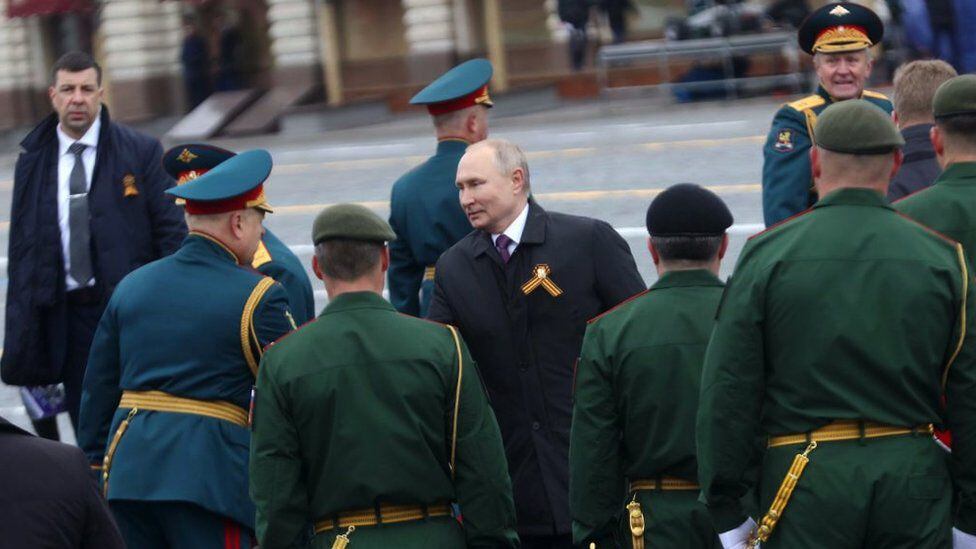
“The cult of victory was regenerated in Russia in the 2000s in even greater style than in Soviet times. That is why triumphalism continues to prevail both in the media and in consciousness of the masses,” Oleg Budnitsky, director of the International Center for the History and Sociology of World War II at the Moscow Higher School of Economics, told the BBC.
“This had positive consequences: for example, a greater focus on the study of war history. Millions of documents were made public and digitized. But on the other hand, we see an increase in the militarization of the masses“, adds the expert referring to the slogans “We could do it again” that began to appear in the celebrations of Russia’s Victory Day in the last decade, most likely hinting that the Russian military could seize half of Europe as in 1945.
The massive patriotic celebrations did not bring much factual knowledge.
Historians point out that the narrative of the World War II, or the Great Patriotic Waras it is known in Russia, often downplays key elements, such as the heavy human losses the Soviet Union suffered in stopping the German invasion.
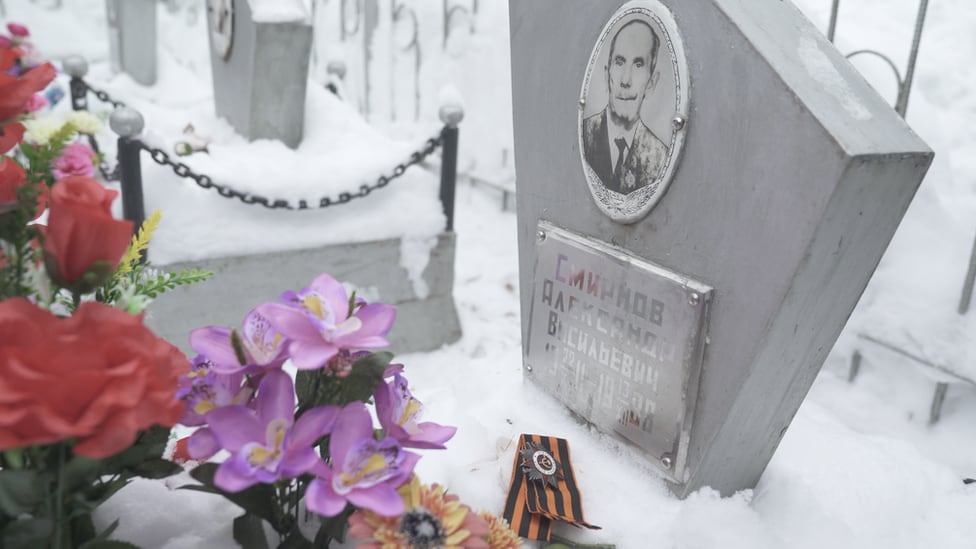
According to a 2020 state survey, most Russians knew very little about how and where their relatives spent the war.
Less than a third of 18-24 year olds knew when the Great Patriotic War began (when Nazi Germany attacked the Soviet Union in June 1941).
Since 2014 and the start of tensions in eastern Ukraine, state media have increased their emphasis on the patriotic component of the fight against the Nazis.
When the Russian authorities falsely claimed that the extreme right had come to power in the Ukraine, they emphasized Russia’s historic role in defeating fascism.
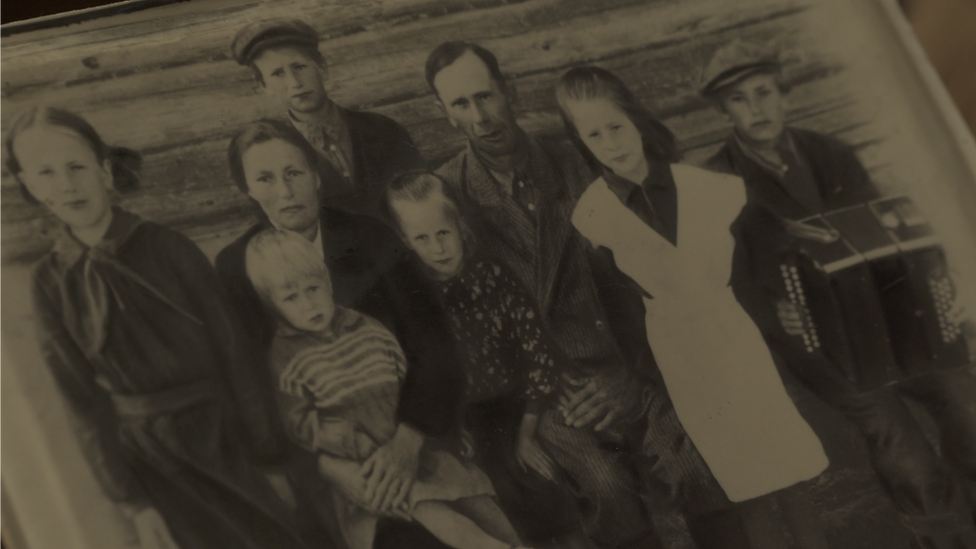
Appropriation
Some civic initiatives to commemorate those who fell in the war were assumed by the State.
For example, in 2011, a group of independent journalists in the Siberian city of Tomsk started a local initiative to commemorate those who fell in war and called it the “Immortal Regiment”.
The idea was that people would march on Victory Day with pictures of those who had fallen in the war, thus creating a commemorative “regiment”.
The initiative quickly spread to other parts of Russia becoming a national phenomenon.
In 2015 it created a state organization with the same namebut the founders of the original movement were not included.
The “Immortal Regiment” became a government initiative involving state sector workers, schoolchildren, and state media, sometimes on a compulsory basis.
In this way, the Russian authorities seemed to want to indicate that only the state-sponsored Victory Day celebration was just right.
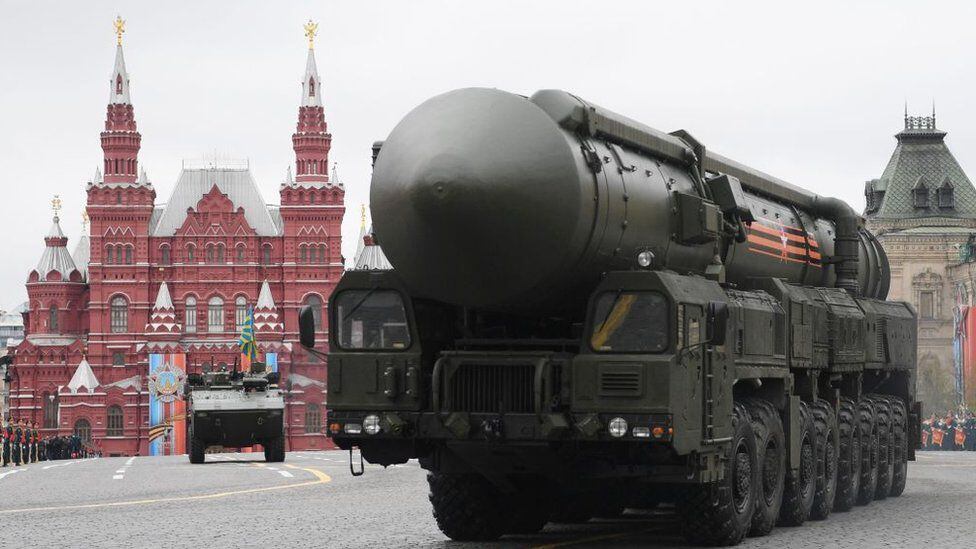
In 2020, the celebration of the 75th anniversary of Victory in World War II had to be moved from May to the end of June due to the covid-19 pandemic, but it still became one of the most luxurious Russia has ever seen.
More than 20,000 people, hundreds of planes and armored vehicles participated in the massive military paradeshowcasing the newest military equipment, with the aim of impressing the world with the might of Russia.
Less than two years later, the country is engaged in a full-scale invasion of neighboring Ukraine using much of that equipment violently.
Russia’s goals, expressed by President Putin, were “demilitarize” and “denazify” Ukraine.
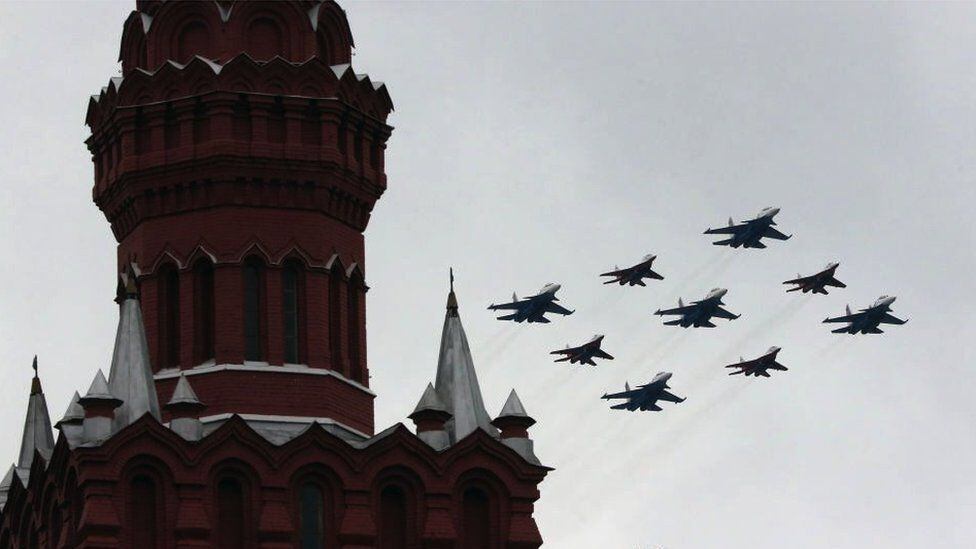
As the military campaign did not achieve quick results (the capture of kyiv or the overthrow of the Ukrainian government, for example), Russian commanders are believed to be pushing to make May 9 a key date again.
If by that day Russia has managed to make significant territorial gains, then Moscow will once again be able to reinvent Victory Day for propaganda purposes.
The Victory Day celebrations are likely to become an opportunity for the authorities to reaffirm that Russia’s “special operation” in Ukraine is not a war aggression but a fight to eradicate Nazism.
A statement that daily events on the ground do not confirm.
Source: Elcomercio

:quality(75)/cloudfront-us-east-1.images.arcpublishing.com/elcomercio/GE3TANRNGA2S2MBYKQYDAORRG4.jpg)



:quality(75)/cloudfront-us-east-1.images.arcpublishing.com/elcomercio/BRUALTHDH5DODHM37OW4LLXDXY.jpg)

